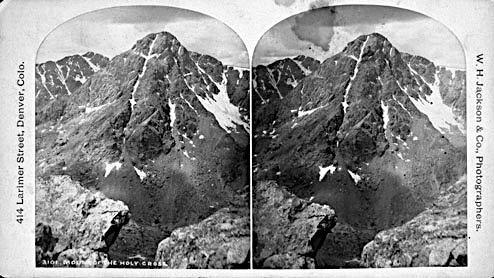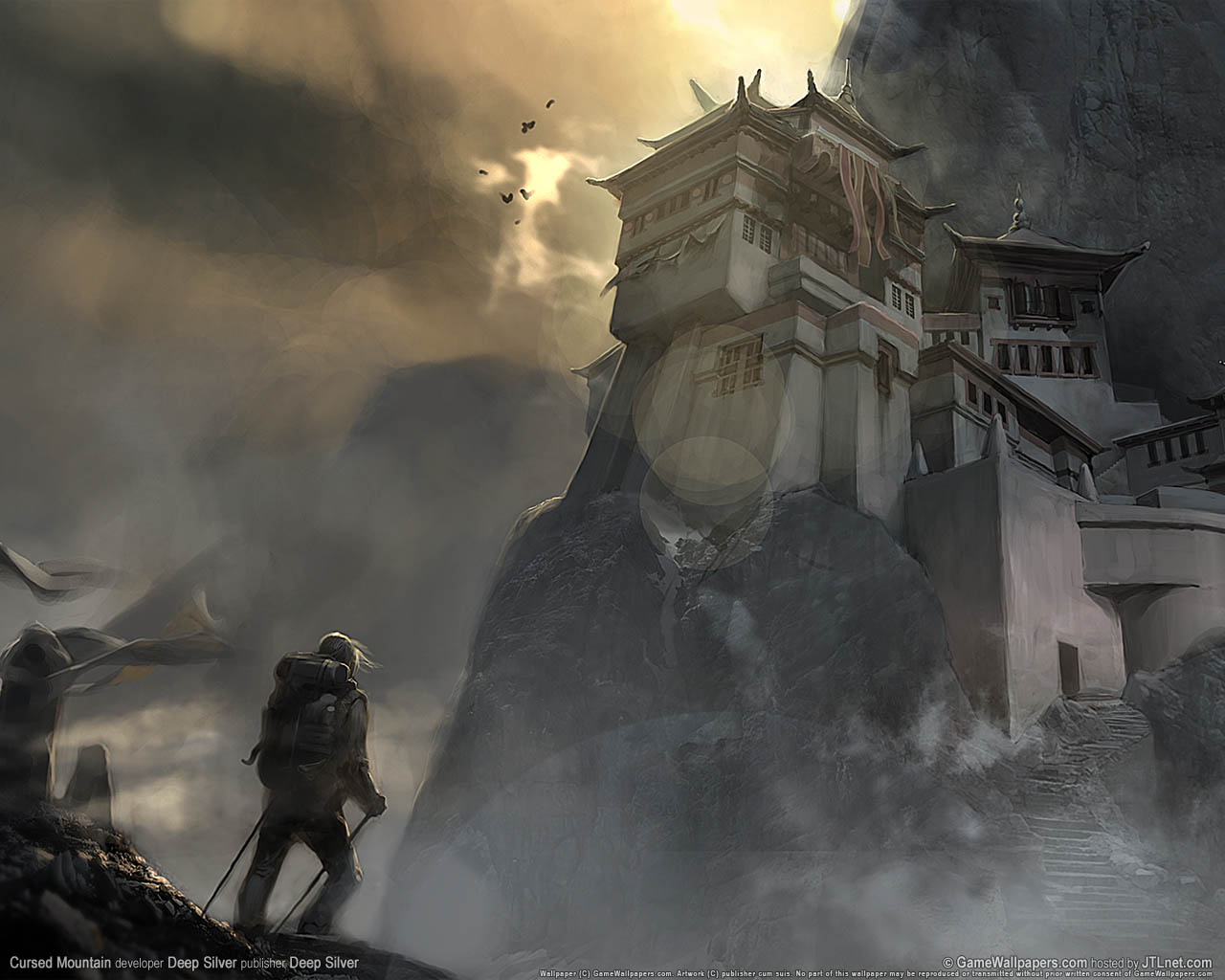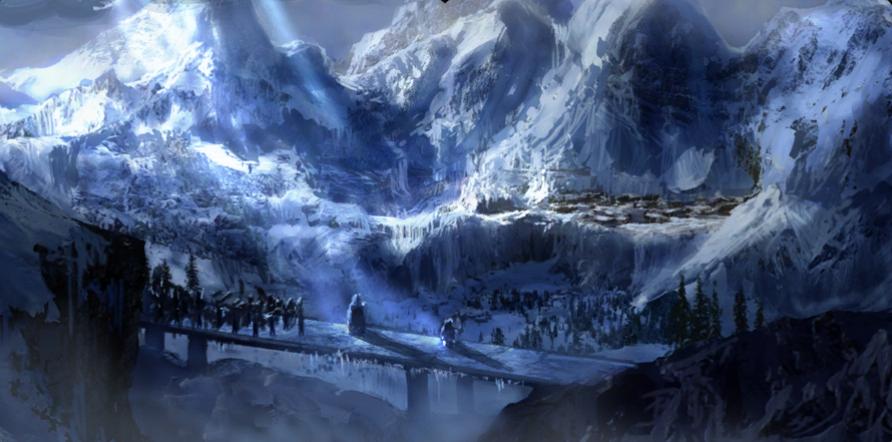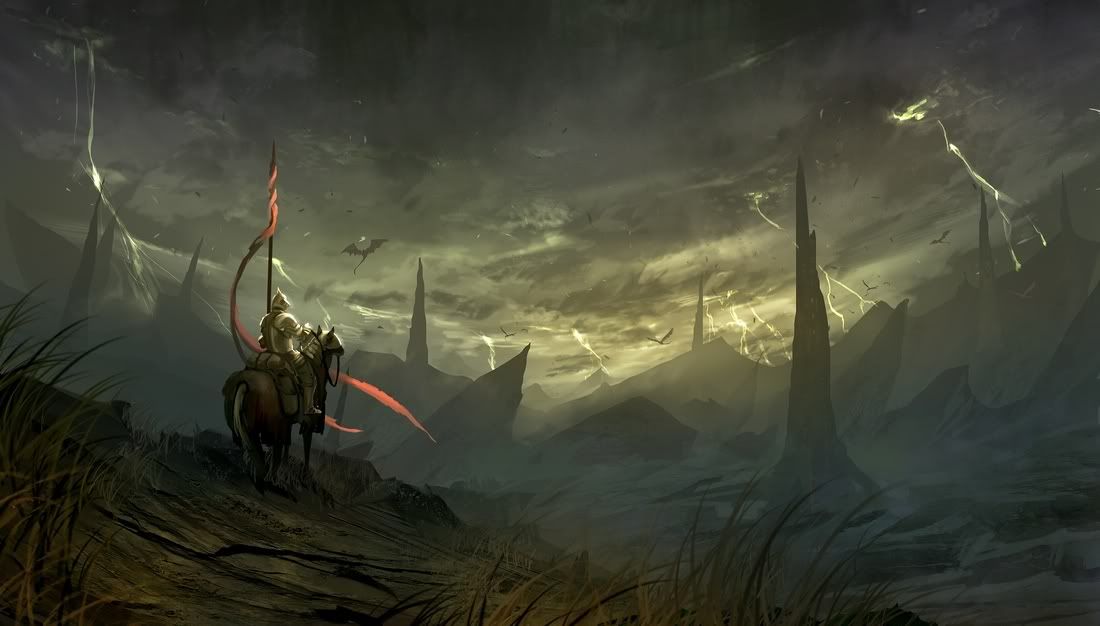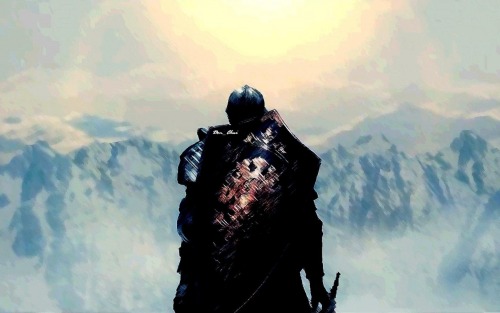Monday, December 16, 2013
Wednesday, December 11, 2013
Eismond
Album information at Honour and Darkness
the tarns are frozen
and the summit is beyond all sight
ascendance through the clouds
the mountain awaits
all i once knew is now lost
all i once had is now gone
my memories are now forgotten
only a mountain of sorrow remains
-- "The Gilded Mountain"
Monday, December 2, 2013
Battle Dagorath -- Interdimensional Passageway Between Worlds
"The temple of this spirit is the primordial majesty of the peak, the glaciers, the crevasses, and the boundless blue sky. In this context the mountainous peaks and the spiritual peaks converge in one simple and yet powerful reality" (Evola, "The Mountain and Spirituality")
Wednesday, November 20, 2013
Thursday, March 28, 2013
Monday, March 18, 2013
Stormcrow - Kingdom of Vertical
Tuesday, February 26, 2013
Bathory - To Enter Your Mountain
Thursday, February 14, 2013
Brown Mountain, or, the Ulyssean Failure of Manifest Destiny
Friday, January 11, 2013
Young and In the Way - I Am Not What I Am

"I stand in awe of my body, this matter to which I am bound has become so strange to me. I fear not spirits, ghosts, of which I am one,—that my body might,—but I fear bodies, I tremble to meet them. What is this Titan that has possession of me? Talk of mysteries!—Think of our life in nature,—daily to be shown matter, to come in contact with it,—rocks, trees, wind on our cheeks! the solid earth! the actual world! the common sense! Contact! Contact! Who are we? where are we?" (Thoreau, "deep within the hostile ranks of clouds" on Mt. Katahdin)
Thursday, January 10, 2013
Falls of Rauros . . . Tol Brandir
Tuesday, January 1, 2013
Subscribe to:
Comments (Atom)










